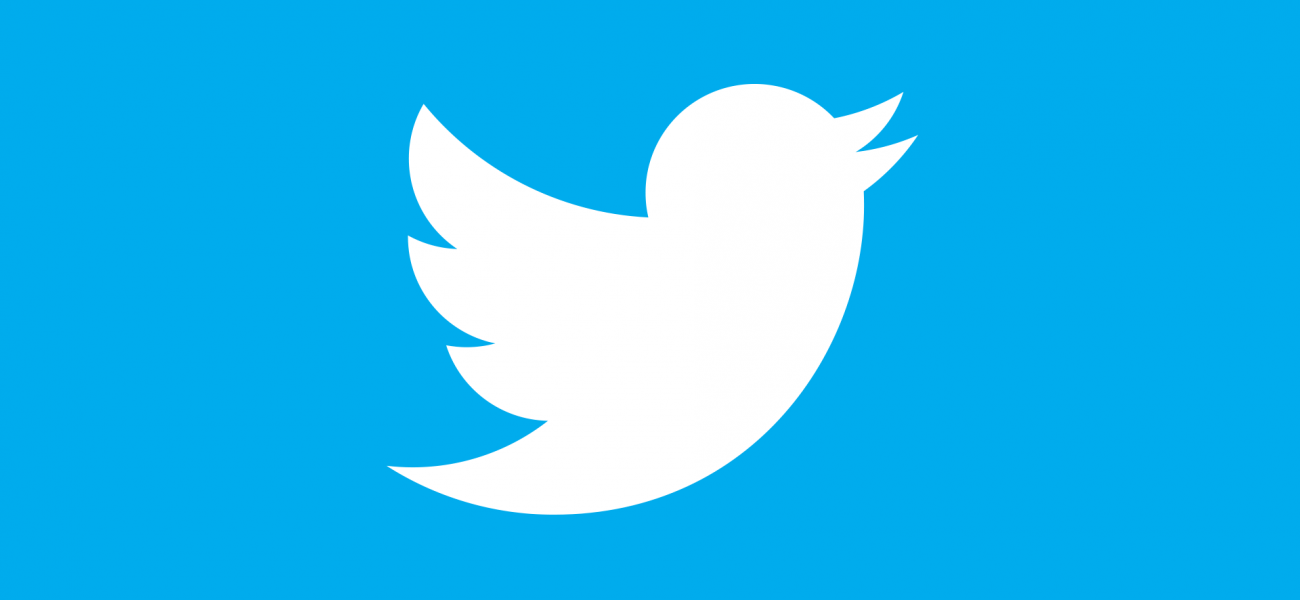The Federal Government on Friday, June 4, suspended indefinitely the operations of the microblogging application, Twitter in Nigeria. The suspension followed the deletion of President Muhammadu Buhari’s tweet, which Twitter described as violating its rules. Several Nigerians had complained to Twitter that Buhari’s tweet, which threatened to deal with a certain group of Nigerians “in a language that they understand” was offensive as it evokes unpleasant memories of Nigeria’s civil war fought between 1967 and 1970, which led to the killing of more than 3 million Igbos. The civil war regarded by several Igbos as genocidal continues to hold traumatic memories for all Igbos. The complains described President Buhari’s tweet as insensitive and Representative of the marginalisation and exclusion of Igbos by the Buhari government since it was first elected into office in 2015.
In announcing the indefinite suspension of Twitter’s operations in Nigeria, Information and Culture Minister, Lai Mohammed, stated the use of the platform for activities “capable of undermining Nigeria’s corporate existence” as reason for the decision. Furthermore, the Minister directed the National Broadcasting Commission (NBC) to licence social media operators in Nigeria, henceforth. The NBC on its part, subsequently issued a statement on Monday, June 7, directing all broadcasting stations in Nigeria to de-install their Twitter handles and desist from using the platform for information gathering.
The issue took a more bizarre turn, when the Minister of Justice and Attorney General of the Federation, Abubakar Malami, asked the Director of Public Prosecution to arrest and prosecute any person found using Twitter, in defiance to the ban. Legal experts have countered this directive on the basis that there is no defined offence, with a prescribed punishment that can be used as a basis to prosecute ‘offenders’ of the ban.
The government’s suspension of Twitter has provoked outrage nationally and internationally. Nigerians have criticised the decision as unconstitutional and violating section 39 of the 1999 Nigerian Constitution, which provides for free expression and freedom to hold opinions and to receive and impart ideas and information without interference. Several organisations in the country have publicly condemned the government’s action, including the Policy and Legal Advocacy Centre (PLAC), the Nigeria Civil Society Situation Room, Socio-Economic Rights and Accountability Project (SERAP), etc. SERAP has further followed up with filing a case at the Economic Community of West African States (ECOWAS) Court.
Internationally, the government’s action has also sparked condemnation. In a joint statement by the five diplomatic missions of the United States, Canada, the United Kingdom, Ireland and the European Union, they condemned the ban on Twitter. According to the statement, “The path to a more secure Nigeria lies in more, not less communication, to accompany the concerted efforts of Nigeria’s citizens in fulsome dialogue toward unity, peace and prosperity.” In a meeting with the diplomatic missions that issued the statement, Minister of Foreign Affairs, Geoffery Onyeama said that the indefinite ban on the operations of Twitter will only be lifted when Nigerians begin to use the app responsibly. While the immediate reason for the ban on Twitter’s operating in Nigeria may be related to app’s deletion of President Buhari’s tweet, Nigerians are beginning to read even more sinister purposes, with speculations rife that the action may be prelude to a further clampdown on Nigerian’s constitutionally protected fundamental human rights.
There are speculations that the President may have been advised by the Justice Minister to impose martial law in the country to tackle the insecurity challenge the country is undergoing. The Minister of Justice has however denied that this is the case. There are also additional concerns about the long term motive for the clampdown on Twitter, including concerns about the next general elections in 2023. Beyond the politics, is the devastating economic consequence of the ban on Twitter for Nigeria, including the incredible negative perception of Nigerians among investors from all over the world. In addition, young persons and Nigerian businesses carrying out economic activities on Twitter have an incredibly devastating impact on their economic activities because of the ban. In a country where unemployment is at an astonishing height, the impact of the ban can best be imagined.

